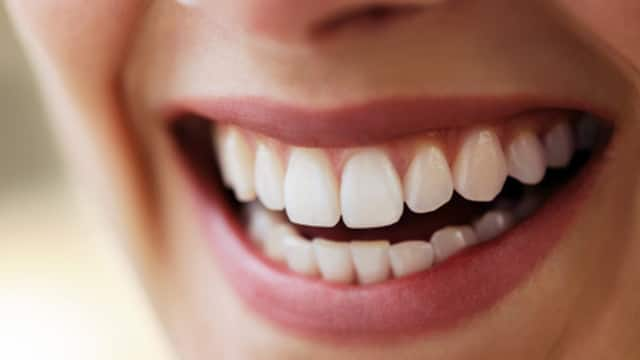.jpg)
When irritating minor or major health problems strike, you naturally turn to medication to make your body feel better. But did you know that those same compounds that help you heal could have adverse effects on your teeth? Your illness might be gone, but now that you have something to smile about, you might not want to show your teeth! Below are some types of medicines to take note of. Always check with your healthcare provider for alternate medication before making any changes to your medication routine.
Antibiotics
A particular type of medicine which may lead to staining is tetracycline . As a broad-spectrum antibiotic, it is used in a wide variety of treatments including acne. Young children and pregnant women should take particular care. Unless otherwise advised by physicians, nursing mothers or expectant mothers should avoid tetracycline in the last half of pregnancy as it can affect the future appearance of babies’ teeth.
Antihistamines
Antihistamines relieve symptoms of allergies and hay fever, but can also cause tooth discoloration in some cases . Although antihistamine medications alleviate itchiness and a runny nose, they may have staining implications.






